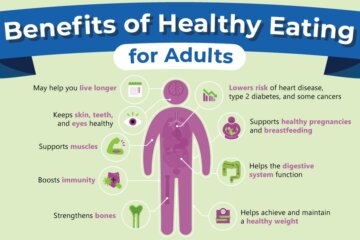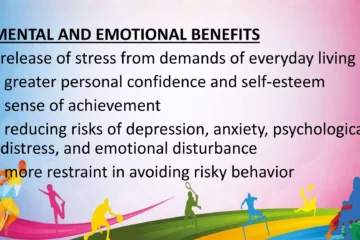Physical health is crucial for everyone, especially educators. It impacts your energy, mood, and ability to teach effectively.
Teaching is demanding. Long hours, constant interaction, and the need to stay sharp mentally can take a toll. Without good physical health, you might struggle with stress, fatigue, and even burnout. Maintaining your physical health helps you manage these challenges better.
It boosts your stamina and keeps your mind clear. This doesn’t just benefit you; it also positively affects your students. A healthy teacher can engage more, inspire better, and create a positive learning environment. So, caring for your physical health isn’t just about you; it’s about enhancing the overall educational experience.
Role Of Physical Health In Wellbeing
Physical health plays a vital role in your overall wellbeing as an educator. A healthy body supports a healthy mind, which is essential in the teaching profession. Physical health impacts your stamina, focus, and ability to handle stress. It also influences your emotional and mental states. Let’s explore how physical health affects your wellbeing.
Impact On Emotional Stability
Good physical health promotes emotional stability. Regular exercise releases endorphins, which are natural mood lifters. These chemicals help reduce stress, anxiety, and depression. A stable emotional state allows you to handle classroom challenges better. It also improves your interactions with students and colleagues.
A balanced diet also contributes to emotional stability. Nutrient-rich foods support brain function and emotional health. Proper sleep is another critical factor. Restful sleep helps regulate your emotions and reduces irritability. Together, these aspects of physical health foster a positive teaching environment.
Connection To Mental Clarity
Physical health is closely linked to mental clarity. Exercise increases blood flow to the brain, enhancing cognitive functions. This boost in brain activity helps you think more clearly and make better decisions. A well-functioning body helps maintain focus during long teaching hours.
Healthy eating also supports mental clarity. Foods rich in omega-3 fatty acids, vitamins, and minerals improve brain function. Staying hydrated is equally important. Dehydration can lead to confusion and decreased concentration. Consistent physical health practices ensure that your mind remains sharp and alert throughout the day.
Stress Management
As an educator, managing stress is crucial for your overall wellbeing. Stress can impact your physical and mental health. Finding effective stress management techniques is essential. This section explores the benefits of physical activity and relaxation techniques.
Physical Activity Benefits
Regular physical activity is a powerful stress reliever. Exercise releases endorphins, which improve mood. It also helps to reduce anxiety and depression symptoms.
Here are some benefits of physical activity:
- Improved Mood: Physical activity boosts your mood and energy levels.
- Better Sleep: Regular exercise helps you sleep better, reducing stress.
- Increased Focus: Physical activity enhances concentration and cognitive function.
Relaxation Techniques
Relaxation techniques are essential for stress management. These techniques can help you calm your mind and body. They can also improve your overall health.
Consider incorporating these relaxation techniques into your routine:
- Deep Breathing: Practice deep breathing exercises to reduce stress and anxiety.
- Progressive Muscle Relaxation: Tense and relax different muscle groups to release tension.
- Meditation: Spend a few minutes meditating daily to improve mental clarity and reduce stress.
| Physical Activity | Relaxation Techniques |
|---|---|
| Improves mood | Reduces stress and anxiety |
| Enhances concentration | Improves mental clarity |
| Promotes better sleep | Releases muscle tension |
Incorporating both physical activity and relaxation techniques can greatly reduce stress. These practices can enhance your overall wellbeing as an educator. Prioritize your physical health to manage stress effectively.
Boosting Energy Levels
Boosting your energy levels is essential for maintaining your wellbeing as an educator. Teaching demands a lot of energy and focus. High energy levels help you stay alert and engaged. They also improve your productivity and mood. Here are some tips to boost your energy levels through exercise and healthy eating.
Exercise Routines
Regular exercise improves your stamina and keeps you fit. It can be as simple as a daily walk. You don’t need a gym membership to stay active. Try activities like yoga or stretching exercises. These can be done at home or in your classroom. Even short bursts of exercise can make a big difference.
Exercise also releases endorphins. These are chemicals in your brain that make you feel good. They reduce stress and help you sleep better. Good sleep is crucial for maintaining high energy levels. Aim for at least 30 minutes of physical activity each day.
Healthy Eating Habits
Healthy eating is another key to boosting your energy. Start your day with a nutritious breakfast. It fuels your body and mind for the day ahead. Include protein, whole grains, and fruits in your meals. These foods provide sustained energy throughout the day.
Avoid sugary snacks and drinks. They cause your energy to spike and then crash. Opt for healthy snacks like nuts, fruits, or yogurt. Stay hydrated by drinking plenty of water. Dehydration can make you feel tired and sluggish. Keep a water bottle with you and sip throughout the day.
Improving Sleep Quality
Quality sleep is crucial for everyone, but it is especially significant for educators. As an educator, your daily routine is demanding. It is vital to ensure you are getting enough rest. Better sleep quality can lead to improved health and wellbeing, enabling you to perform your best in the classroom.
Sleep Hygiene Tips
Good sleep hygiene can help you fall asleep faster and enjoy a more restful night. Here are a few simple tips:
- Set a regular sleep schedule: Go to bed and wake up at the same time every day.
- Create a bedtime routine: Engage in calming activities before bed, like reading or taking a bath.
- Limit screen time: Avoid screens at least an hour before bedtime.
- Make your bedroom comfortable: Ensure your room is dark, quiet, and cool.
- Avoid heavy meals: Do not eat large meals right before bedtime.
Effects Of Rest On Performance
Restful sleep has a direct impact on your performance as an educator. Here are some ways adequate rest can benefit you:
- Increased focus: A well-rested mind can concentrate better, leading to more effective teaching.
- Better mood: Good sleep helps regulate your emotions, making you more patient and positive.
- Enhanced memory: Sleep aids in memory consolidation, helping you retain and recall information more efficiently.
- Improved physical health: Quality sleep boosts your immune system, reducing sick days.
Preventing Burnout
Burnout is a serious issue for many educators. It can affect your physical and mental health. By taking care of your physical health, you can prevent burnout. This will help you stay energized and focused in the classroom.
Recognizing Symptoms
Identifying burnout early is crucial. Some common symptoms include:
- Constant fatigue
- Headaches
- Sleep problems
- Short temper
- Feeling overwhelmed
- Loss of motivation
Look out for these signs. Addressing them early can prevent further issues.
Strategies For Recovery
Once you recognize the symptoms, it’s time to take action. Here are some strategies:
- Exercise Regularly: Physical activity can reduce stress and improve mood.
- Eat Balanced Meals: Proper nutrition fuels your body and mind.
- Get Enough Sleep: Aim for 7-9 hours of sleep each night.
- Take Breaks: Short breaks during the day can boost productivity.
- Talk to Someone: Sharing your feelings can provide relief.
- Practice Relaxation Techniques: Try meditation or deep breathing exercises.
Incorporating these strategies into your daily routine can help you recover from burnout. Staying healthy will make you a more effective educator.
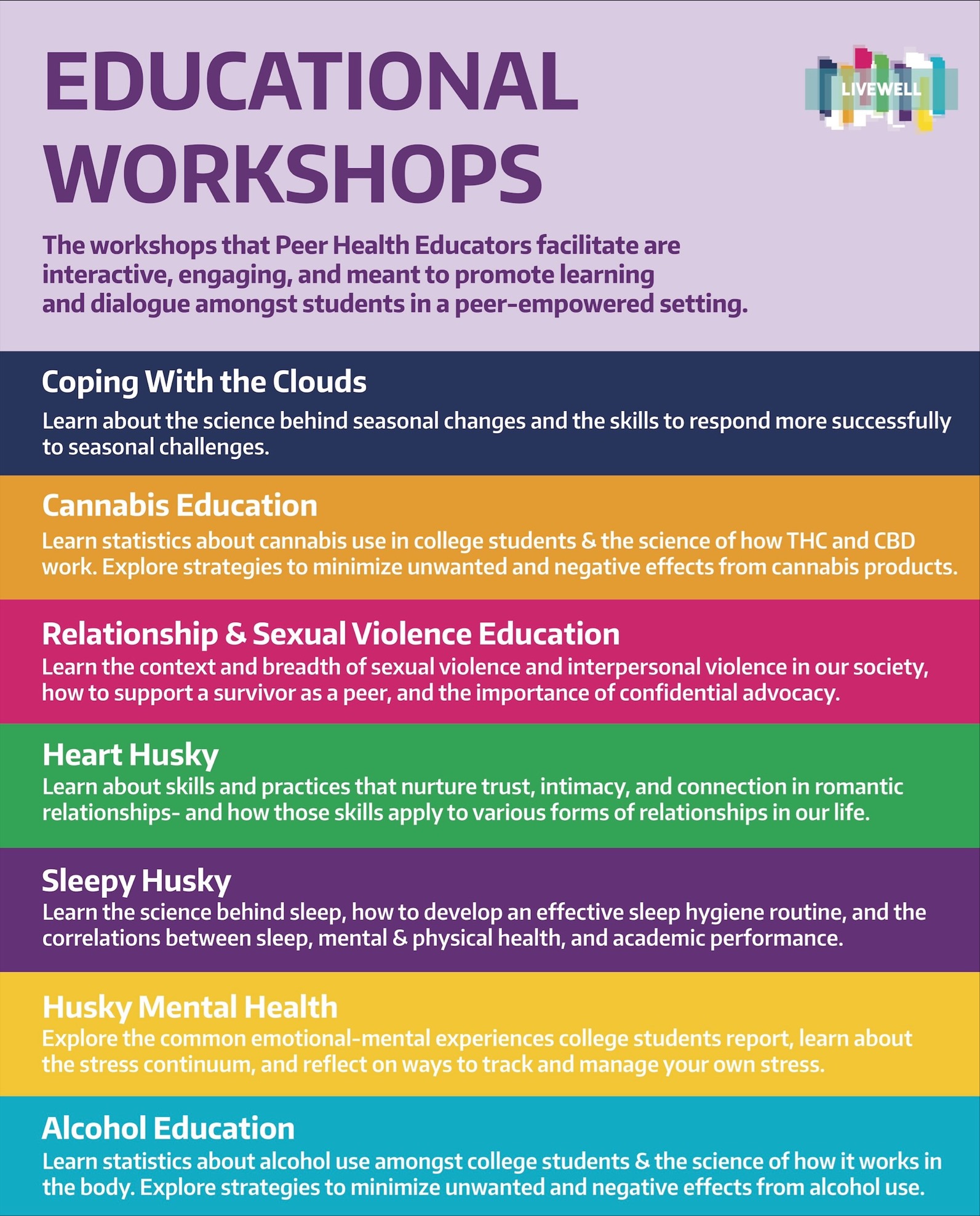
Credit: wellbeing.uw.edu
Enhancing Classroom Performance
Physical health plays a crucial role in an educator’s ability to perform well in the classroom. Good health enhances energy levels, sharpens focus, and improves mood. This, in turn, helps educators engage better with their students. By prioritizing physical fitness, teachers can create a more effective learning environment.
Physical Fitness Effects
Regular exercise boosts cardiovascular health. This helps in maintaining higher energy levels throughout the day. It reduces fatigue and allows educators to stay active and alert. Physical fitness also helps with better sleep patterns, ensuring that teachers are well-rested.
Good physical health can reduce stress levels. Lower stress helps educators maintain a calm and positive demeanor. This is essential for managing classroom dynamics effectively. When teachers are physically fit, they are less likely to suffer from illnesses that could lead to absenteeism.
Engagement With Students
Healthy teachers are more likely to be engaged and enthusiastic. This enthusiasm is contagious and can inspire students. Physical health also enhances cognitive functions, such as memory and concentration. This helps teachers deliver lessons more effectively.
Teachers who feel good physically are more likely to participate in activities with students. This can include sports, field trips, and other interactive learning opportunities. Engaging with students in these ways builds stronger teacher-student relationships. It creates a more dynamic and enjoyable learning environment.
Physical health impacts an educator’s ability to communicate clearly and effectively. Good health ensures that teachers can speak confidently and with clarity. This is vital for student understanding and engagement.
Building A Support System
As an educator, maintaining physical health is crucial to your wellbeing. Building a support system is essential. A strong support system helps you stay motivated and focused. It provides emotional and practical assistance. Let’s explore how to build a support system.
Colleague Support
Your colleagues are a valuable resource. They understand the challenges you face. Share your experiences with them. They can offer advice and encouragement. Join a group of teachers with similar interests. Group activities can improve your physical health. Exercise together, or take part in wellness programs.
Professional Help
Seeking professional help is important. Health professionals can guide you. They can create personalized fitness plans. Regular check-ups ensure you stay on track. Mental health professionals can help with stress management. Stress affects physical health. Addressing it is key to overall wellbeing.
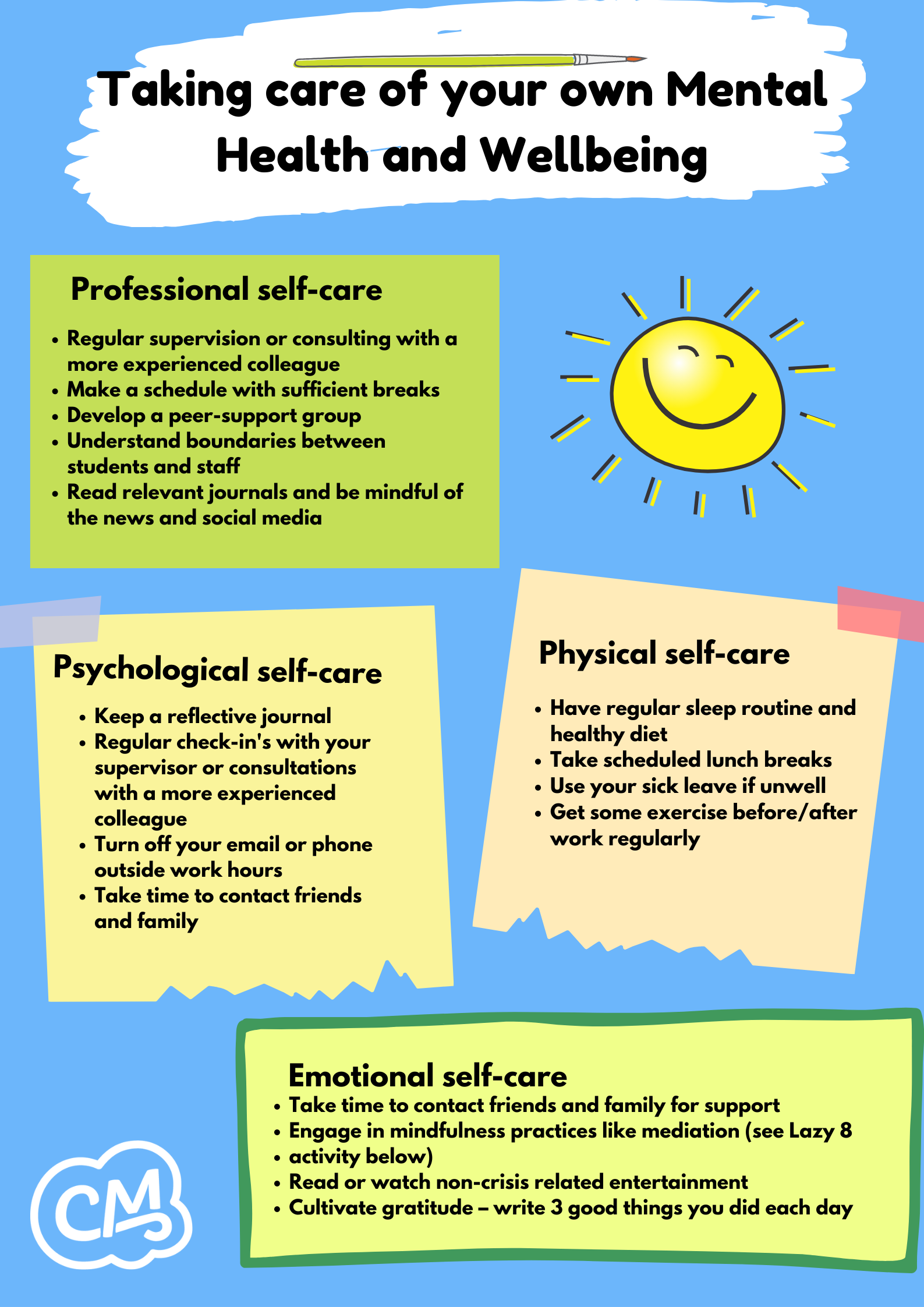
Credit: www.coolmindshk.com
Balancing Work And Personal Life
As an educator, balancing work and personal life is vital to your physical health and overall wellbeing. Teaching is a demanding profession that can easily consume all your time and energy. Striking a balance ensures you remain productive and avoid burnout.
Time Management Tips
Effective time management helps educators balance work and personal life. Here are some practical tips:
- Prioritize Tasks: Identify urgent tasks and focus on them first.
- Set Realistic Goals: Break down large tasks into smaller, manageable chunks.
- Use a Planner: Schedule your day to include both work and personal time.
- Limit Distractions: Turn off notifications and create a quiet workspace.
Setting Boundaries
Setting boundaries between work and personal life is essential. Here are some strategies:
- Define Work Hours: Stick to a set schedule for work tasks.
- Communicate Clearly: Let students and colleagues know your available hours.
- Learn to Say No: Avoid taking on extra tasks that impact your personal time.
- Designate Workspaces: Separate your work area from your living space.
Balancing work and personal life helps you maintain physical health and perform better as an educator. Implementing these tips can lead to a happier, healthier you.
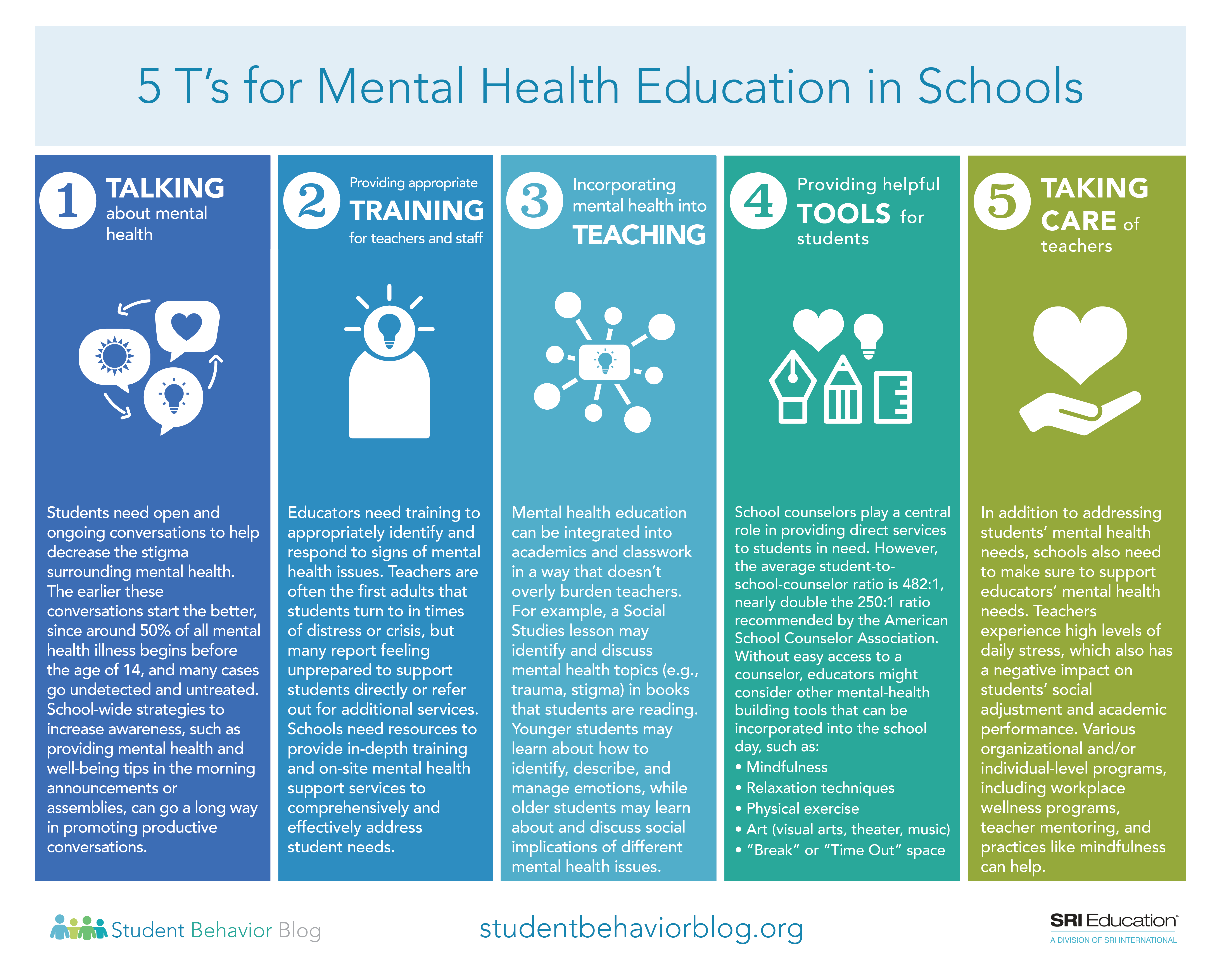
Credit: studentbehaviorblog.org
Frequently Asked Questions
How Does Physical Health Impact Educators?
Physical health boosts energy levels, reduces stress, and improves focus. It helps educators manage classrooms effectively and maintain a positive attitude.
Why Should Educators Prioritize Physical Health?
Prioritizing physical health enhances overall well-being. It reduces burnout, improves mood, and increases productivity, making educators more effective.
Can Exercise Improve Teaching Performance?
Yes, regular exercise increases stamina and mental clarity. It also reduces stress, which positively impacts teaching performance.
What Are The Benefits Of A Healthy Diet For Educators?
A healthy diet provides essential nutrients. It boosts energy, enhances concentration, and supports overall well-being for educators.
Conclusion
Taking care of physical health is crucial for educators. It boosts energy and focus. Regular exercise helps manage stress. A balanced diet supports mental clarity. Adequate sleep enhances productivity. Healthy habits lead to a positive mindset. Overall well-being improves job satisfaction.
Prioritize physical health to be an effective educator. Stay active, eat well, and sleep enough. Your body and mind will thank you.

“As the voice behind Radiant Glow Health, we are dedicated to being your ultimate wellness and vitality companion. Our mission is to inspire and guide you on your journey to a healthier and more vibrant life. Join us as we explore holistic health practices and empower you to radiate wellness from within.”

